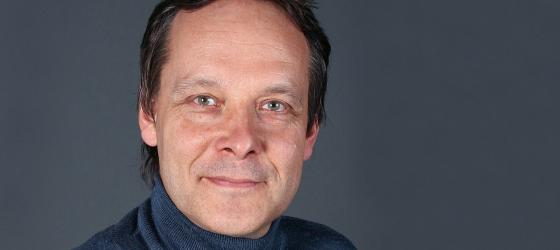We are pleased to announce the next MaLGa Seminar Series - Analysis & Learning.
This event is part of the Ellis Genoa activities.
Speaker: Michaël Unser
Affiliation: EPFL's School of Engineering
Date: Thursday, April 21th, 2022
Time: 12:00 p.m.
Location: Room 705
Live streaming will be available at 705DIMA - YouTube
Title: The Radon transform, neural networks and splines
Abstract: Functional optimization is a powerful mechanism for deriving learning architectures, including kernel estimators and ReLU networks. In this talk, I first explain how this point of view can result in the specification of two complementary types of splines: the classical ones (RKHS) whose knots are tied to the data, and the adaptive ones (gTV) which are intrinsically sparse. I then show how the latter type of estimator can be transposed to neural nets by considering some special form of Radon-domain regularization. The corner stone of my formulation is a family of hyper-spherical Banach space over which the back-projection operator is invertible. This then yields a representer theorem for shallow ReLU networks that strengthens and clarifies results that have appeared in the literature.
Bio: Michael Unser is Full Professor with EPFL’s School of Engineering and the academic director of EPFL's Center for Imaging, Lausanne, Switzerland. His primary areas of investigation are biomedical imaging and applied functional analysis. He is internationally recognized for his research contributions to sampling theory, wavelets, the use of splines for image processing, stochastic processes, and computational bioimaging. He has published over 400 journal papers on those topics. He is the author with P. Tafti of the book “An introduction to sparse stochastic processes”, Cambridge University Press 2014. Prof. Unser is a fellow of the IEEE (1999), an EURASIP fellow (2009), and a member of the Swiss Academy of Engineering Sciences. He is the recipient of several international prizes including five IEEE-SPS Best Paper Awards, two Technical Achievement Awards from the IEEE (2008 SPS and EMBS 2010), the Technical Achievement Award from EURASIP (2018), and a recent Career Achievement Award (IEEE EMBS 2020). He was awarded three ERC AdG grants: FUNSP (2011-2016), GlobalBioIm (2016-2021), and FunLearn (2021-2026).
